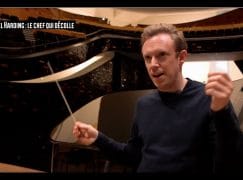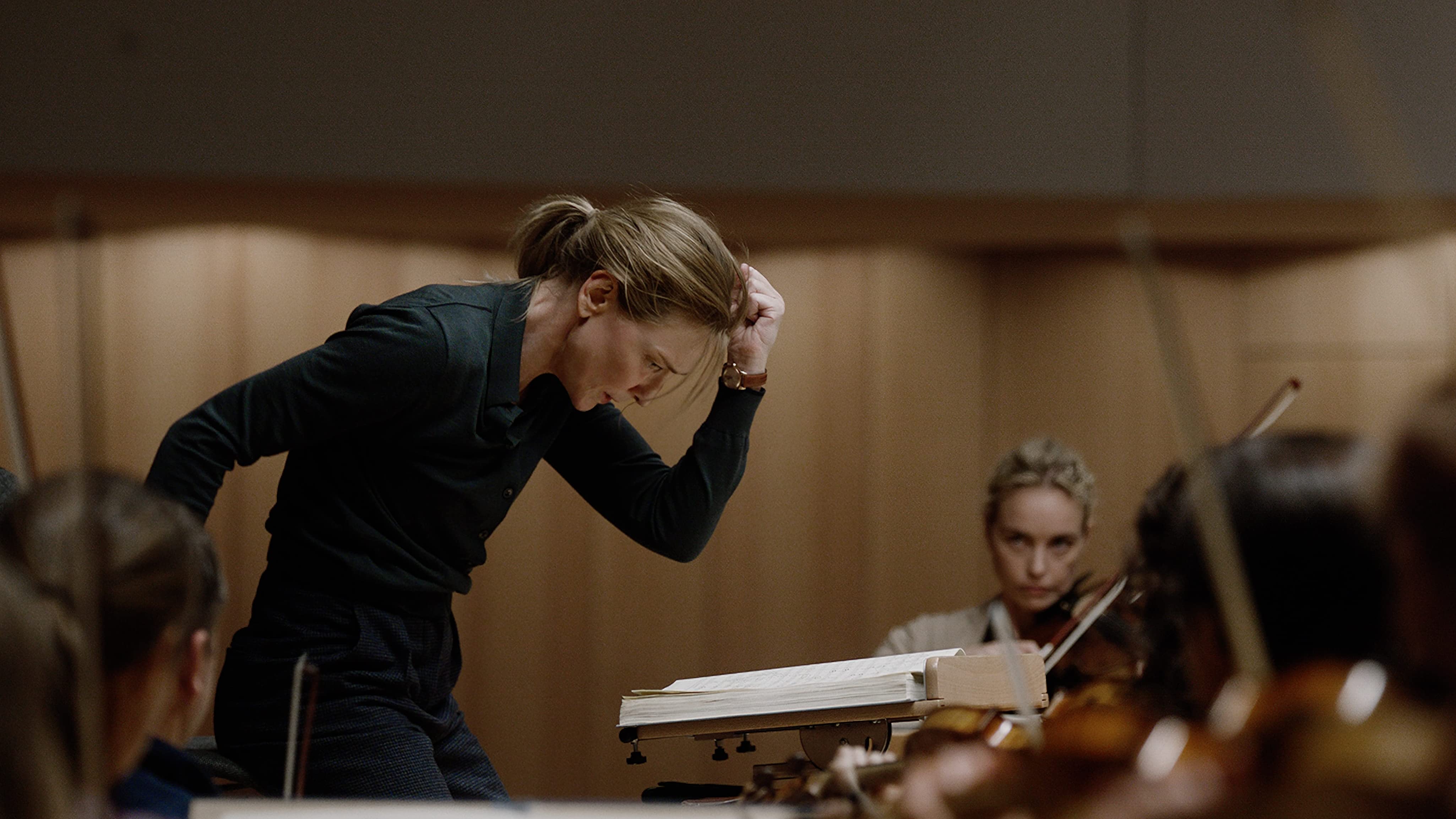Soft landing for Daniel Harding in Rome
NewsThe British conductor and part-time Air France pilot is being unveiled this afternoon as the next music director of the orchestra and chorus of the Accademia Nazionale di Santa Cecilia.
He succeeds Antonio Pappano, who has held the post since 2005.
Harding, 47, will take up the baton in October 2024 for a five-year term, starting with centennial performances of Puccini’s Tosca. Deutsche Grammophon will record the opera as a springboard for a new partnership with Harding and Santa Cecilia.
Harding will leave his present post with Swedish Radio in 2025.
He says: ‘It is a beautiful gift to be given the chance to become Music Director of a world class orchestra of such ambition in a city of incomparable historical and cultural significance.’
It marks a significant reboot of his career after recent flying distractions.






Comments